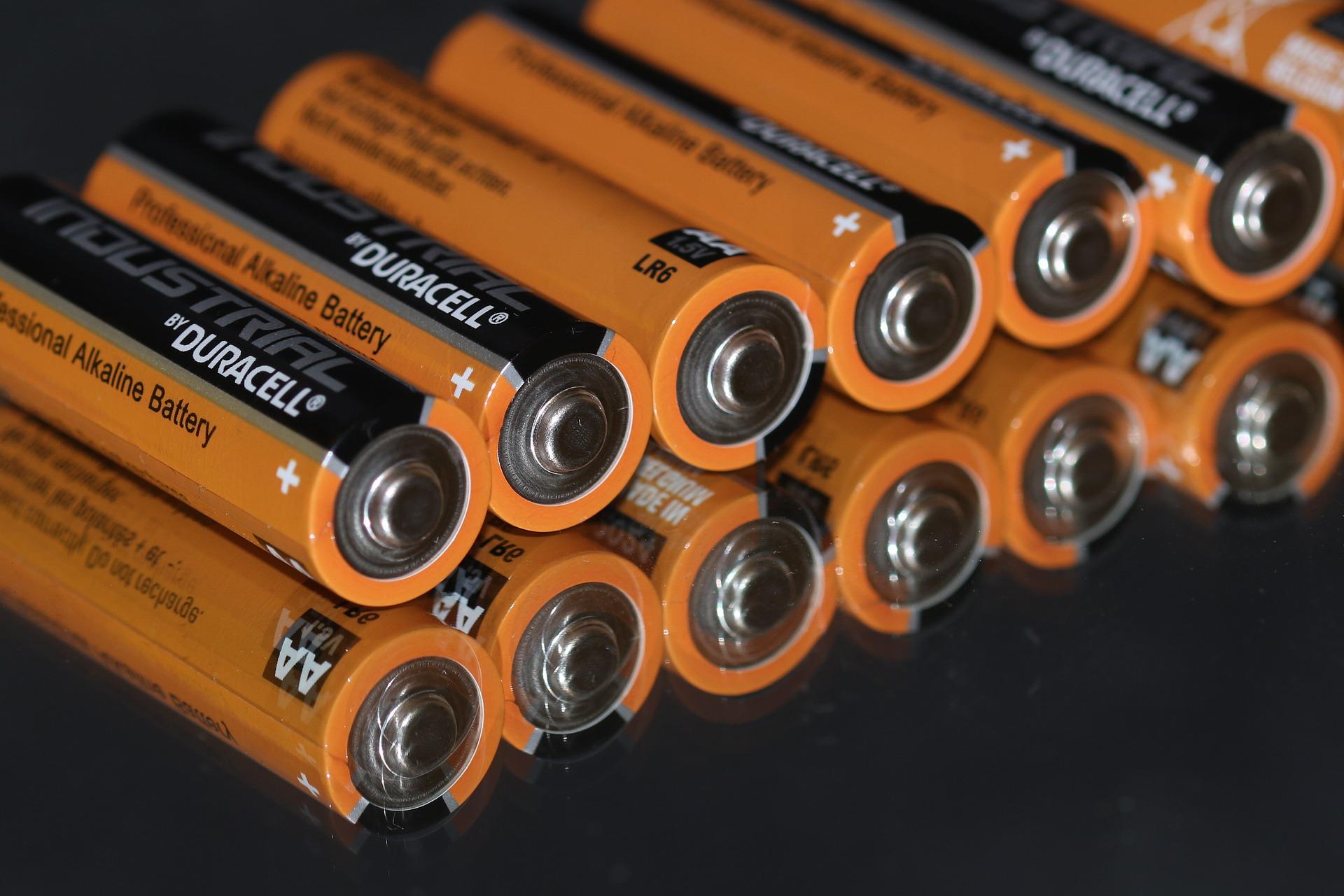Although fuel cells are promising, they are expensive due to the high requirements for catalysts to increase oxygen reduction reaction (ORR) activity, but Scientists from Chiba University And in Japan they figured out how to change that. Simply add caffeine to your system and the efficiency of the ORR reaction will increase, but there is a problem.
Caffeine improves fuel cell efficiency, but not all of them
Fuel cells, i.e. cells that generate electricity from the oxidation reaction of continuously supplied external fuel, appear to be the ideal solution to the climate crisis. Its structure is relatively simple (anode and cathode separated by an electrolyte) and although it allows the direct conversion of chemical energy into electrical energy, it does not involve any carbon dioxide emissions. The fuel is fed to the anode, and the oxidizer (usually oxygen from the air) enters the cathode.
Read also: A world record is happening before our eyes. We've been waiting for such perovskite cells for years
In a hydrogen fuel cell, hydrogen is oxidized at the anode, producing hydrogen ions and electrons. Ions travel through the electrolyte to the cathode, and electrons flow through the external circuit, producing electricity. At the cathode, oxygen combines with hydrogen ions and electrons, resulting in water as the only byproduct. But water reacts with the platinum (Pt) catalyst to form a layer of platinum hydroxide (PtOH) on the electrode, which hinders the effective catalysis of the ORR reaction. This results in energy loss and decreased fuel cell efficiency. This can be addressed, but it greatly increases the costs of the cells involved.
Professor Nagahiro Hoshi from the Graduate School of Engineering at Chiba University in Japan discovered that adding caffeine to some platinum electrodes can increase the activity of the reduction reaction by up to 11 times! The discovery was described in the journal Communications chemistry It can reduce the need for platinum, making fuel cells cheaper and more efficient.
To evaluate the efficiency of the reaction, the researchers measured current flow through platinum electrodes immersed in an electrolyte containing caffeine. These platinum electrodes contain surface atoms arranged in specific directions, namely (111), (110), and (100). With increasing caffeine concentration in the electrolyte, there was a significant improvement in the ORR activity of the electrode. Caffeine, if present, adsorbs on the electrode surface, effectively preventing hydrogen adsorption and platinum oxide formation on the electrode. But this does not happen in all cases and depends on the orientation of the platinum atoms on the surface of the electrode.
At a molar concentration of caffeine 1×10-6 The ORR activity on Pt(111) and Pt(110) increased by 11- and 2.5-fold, respectively, with no noticeable effect on Pt(100). To understand this difference, the researchers examined the molecular orientation of caffeine on the electrode surface using infrared absorption spectroscopy. They found that caffeine is absorbed on the surfaces of Pt(111) and Pt(110), whose molecular plane is perpendicular to this surface. However, in the case of Pt(100), spatial constraints make this impossible, and thus the beneficial effect of caffeine does not occur.
Read also: Significant progress in the development of photovoltaics. These cells are very thin
Unlike batteries that have a limited life, fuel cells can generate power as long as fuel is supplied, making them suitable for a variety of applications, including: vehicles, buildings and space missions. The proposed method can improve fuel cell designs and lead to their widespread use.

Echo Richards embodies a personality that is a delightful contradiction: a humble musicaholic who never brags about her expansive knowledge of both classic and contemporary tunes. Infuriatingly modest, one would never know from a mere conversation how deeply entrenched she is in the world of music. This passion seamlessly translates into her problem-solving skills, with Echo often drawing inspiration from melodies and rhythms. A voracious reader, she dives deep into literature, using stories to influence her own hardcore writing. Her spirited advocacy for alcohol isn’t about mere indulgence, but about celebrating life’s poignant moments.






![[EN IMAGES] “Operation Madonna”: Rio is set to host the star's massive concert](https://m1.quebecormedia.com/emp/emp/49fbe700-06fe-11ef-a72c-3bd6d3746557_ORIGINAL.jpg?impolicy=crop-resize&x=0&y=125&w=1200&h=675&width=1200)

